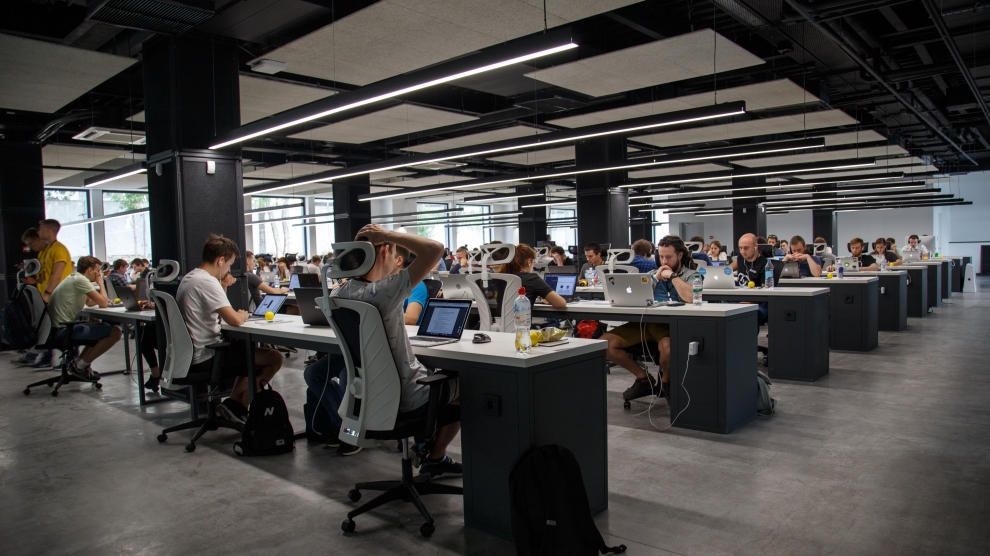How can countries make the best use of funding for science, education and technology?
A new partnership between the Bulgarian Ministry of Education and the World Bank is hoping to answer that question, with the bank offering advisory support to Bulgaria on how to make the most of public spending on science, technology and innovation, and how to formulate a vision for the country’s education sector until 2030.
“Investing in people is a smart policy as it unlocks growth and helps reduce poverty,” says Fabrizio Zarcone, World Bank country manager for Bulgaria, the Czech Republic, and Slovakia. “Aging, high outward migration, labour shortages and skills mismatches call for increased investments in education to be adopted by the Bulgarian government. As a long-lasting partner, the World Bank is honoured to help Bulgaria in analysing its critical investments, by bringing our global knowledge and making sure that every penny is spent wisely.”
Bulgaria’s gross domestic expenditure on research and development (R&D) has improved in the past decade, increasing from 0.43 per cent of GDP in 2007 to 0.75 per cent by 2017. Yet this figure is still far from the 1.5 per cent target the country set for 2020. To bridge the gap between actual and target R&D funding, the country doubled its public research allocation as part of its 2017-2030 Strategy for Research.
Furthermore, this gap is declining thanks to substantial EU funds committed to Bulgaria for the 2014-2020 programming period. Increased spending, however, requires careful assessment of functioning, efficiency and effectiveness before expanding even further. Therefore, the Bulgarian government has asked the World Bank to look closely into the effectiveness and efficiency of public expenditure for science, technology and innovation.
The project consists of two inter-related and connected pillars focused on supporting the Bulgarian Ministry of Education and Science in performing a public expenditure review of science, technology, and innovation spending (PER STI), and support to the preparation of the Education Strategy 2030. Both pillars are expected to inform the ministry’s efforts during preparation for the next programming period with the European Commission.
Under the first pillar – Public Expenditure Review for Science, Technology, and Innovation – the World Bank will provide ideas for improving the effectiveness of public investments for the sector through reallocation of resources, redesign and rationalisation of existing policies and instruments.
The second pillar will provide strategic inputs to the Ministry of Education and Science on how to shape its education strategy for the next 10 years. A World Bank team of experts will analyse education sector outcomes for the period 2014-2020, after which the team will review pre-school, general school, vocational education and training, higher education and life-long learning in Bulgaria.
The objective is to provide ideas about how to strengthen the school system, with a view to equipping Bulgarian students with the skills they need to lead successful and productive lives in the future economy.
Bulgaria is currently experiencing its worst labour shortage in its history.
According to research conducted last year by Manpower, a US-based human resources corporation, 68 per cent of companies in Bulgaria are experiencing difficulties in filling vacancies. In addition, Eurostat data shows that 45 per cent of businesses believe that labour shortages limit their production.
Manpower data states that amongst the top 10 professions in demand are programmers, engineers, welders and finance specialists.

